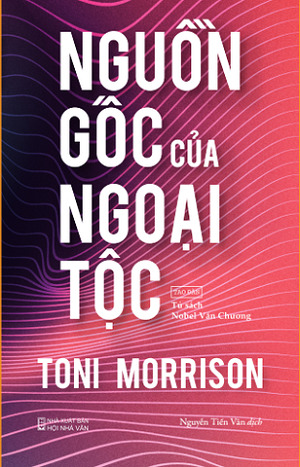What do you think?
Rate this book


176 pages, Paperback
First published September 1, 2017
"One purpose of scientific racism is to identify an outsider in order to define one’s self. Another possibility is to maintain (even enjoy) one’s own difference without contempt for the categorized difference of the Othered. Literature is especially and obviously revelatory in exposing / contemplating the definition of self whether it condemns or supports the means by which it is acquired. How does one become a racist, a sexist? Since no one is born a racist and there is no fetal predisposition to sexism, one learns Othering not by lecture or instruction but by example."She spends the book using various examples from literature like Flannery O'Connor, William Faulkner, Harriet Beecher Stowe, to show how whites "other" black people, but she also uses people like Harriet Jacobs, Camara Laye, and most noticeably herself to show how Black writers push back against the attempts to dehumanize them. This book also reminded me that I need to read Paradise ASAP.
"I became interested in the portrayal of blacks by culture rather than skin color: when color alone was their bête noire, when it was incidental, and when it was unknowable, or deliberately withheld. The latter offered me an interesting opportunity to ignore the fetish of color as well as a certain freedom accompanied by some very careful writing. In some novels I theatricalized the point by not only refusing to rest on racial signs but also alerting the reader to my strategy."This book is like a career-bookend to Playing in the Dark: Whiteness and the Literary Imagination and a lot of what she brings up here will be familiar to those who have read that book or The Source of Self-Regard: Selected Essays, Speeches, and Meditations. I confess, with this being the first book that I had to sit and think on in some time, I had a time trying to say something here that was different from the other non-fiction books of her that I have read, but the fact is that this book is transcript of a lecture she gave so it was no surprise that there would be little surprise here if you are familiar with her non-fiction writing. I will say that if you only know Toni Morrison from her novels, this is the perfect place to start for seeing what her thought-process is in condensed form.